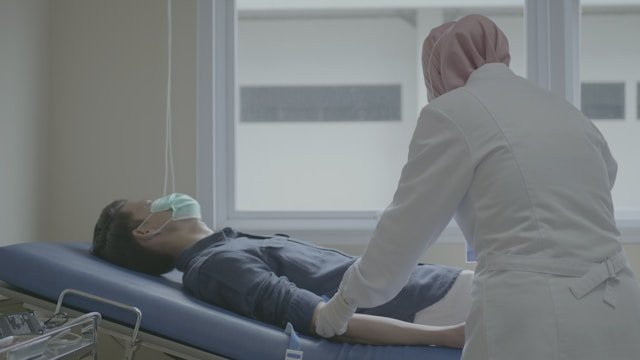Addiction is a powerful force that can consume every aspect of a person’s life, impacting relationships, careers, and overall well-being. However, overcoming addiction is not impossible with the right mindset, support systems, and resources. In this article, we will explore different strategies to help individuals break free from addiction and rediscover a path to personal growth and fulfillment.
Mental Health and Addiction Treatment
The connection between mental health and addiction is undeniable. Many individuals struggling with addiction also face challenges in the realm of mental health, such as depression, anxiety, or trauma. Addressing both issues simultaneously is crucial for effective recovery. Seeking professional treatment can provide a comprehensive approach to healing. It is essential to find a treatment program that addresses not only addiction but also the underlying mental health disorders. Holistic treatment plans that incorporate therapy, support groups, and medical assistance can be beneficial in addressing both aspects of the individual’s well-being.
Build a Strong Support Network
One of the most powerful tools in overcoming addiction is having a strong support system. Isolation can intensify feelings of loneliness and despair, making it harder to break free from the cycle of addiction. Surround yourself with people who encourage and support your recovery, whether it be family, friends, or professionals invested in your well-being. Joining a recovery group or support program can also provide connections with others who are going through similar struggles, offering understanding, motivation, and strength during challenging times.
Set Realistic Goals and Track Progress
Recovery from addiction is a journey that requires setting realistic and achievable goals. Celebrate small milestones that lead to long-term recovery, whether it’s reducing substance use, attending therapy sessions, or staying sober for a day. Positive reinforcement can help maintain motivation and reinforce the belief that progress is possible. Recognizing and celebrating your achievements, no matter how small, can provide the encouragement needed to continue moving forward on the path to recovery.
Replace Negative Habits with Healthy Alternatives
Breaking free from addiction involves more than just abstaining from harmful substances; it also entails changing lifestyle habits and incorporating healthier alternatives. Identify activities that bring joy, relaxation, or fulfillment and integrate them into your daily routine. Exercise, meditation, creative hobbies, and spending time in nature are all healthy alternatives to the destructive patterns of addiction. Engaging in these activities can help build a balanced and satisfying life aligned with your recovery goals.
Practice Mindfulness and Self-Compassion
Mindfulness, the practice of staying present and fully engaged in the moment, can be a powerful tool for individuals in recovery. It helps control cravings and stay grounded in the face of challenges, enabling individuals to separate from negative thought patterns and emotional triggers. In addition to mindfulness, practicing self-compassion is essential for long-term recovery. It’s easy to fall into self-blame or guilt during the recovery process, but treating yourself with kindness is crucial. Recognizing that recovery is a journey filled with ups and downs can help maintain a compassionate approach to oneself and others.
Seek Professional Help When Needed
Addiction is a complex condition that often requires professional intervention. While self-help strategies can be effective, there may be times when external support is necessary to break free from the grip of addiction. Addiction counselors, psychologists, and medical professionals can offer expertise in managing withdrawal symptoms, identifying triggers, and creating personalized treatment plans. Seeking professional help when needed is a sign of strength, not weakness, and can be a crucial step towards reclaiming control over your life.
Cultivate a Positive Environment
The environment in which you live plays a significant role in your recovery journey. Creating a living space free of negative influences and triggers can support your recovery efforts. This may involve distancing yourself from people or places that encourage addictive behavior and avoiding situations that may tempt you to relapse. Surrounding yourself with positivity, whether through uplifting music, inspiring quotes, or comforting routines, can help maintain focus on your recovery goals and promote a sense of safety and peace.
In conclusion, overcoming addiction is a challenging but rewarding journey filled with opportunities for growth and transformation. By addressing mental health, building a strong support system, setting achievable goals, and replacing negative habits with healthy alternatives, individuals can regain control of their lives. Recovery is a personal journey, and every step taken towards healing is a victory. Embrace the process, practice self-compassion, and trust that with the right tools and resources, a life free from the grip of addiction is possible.


